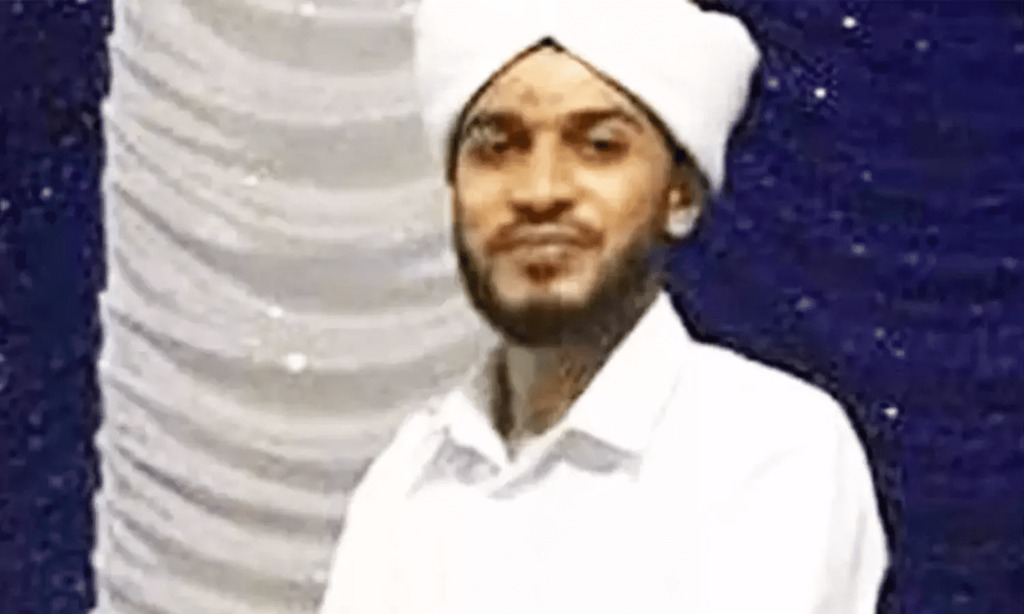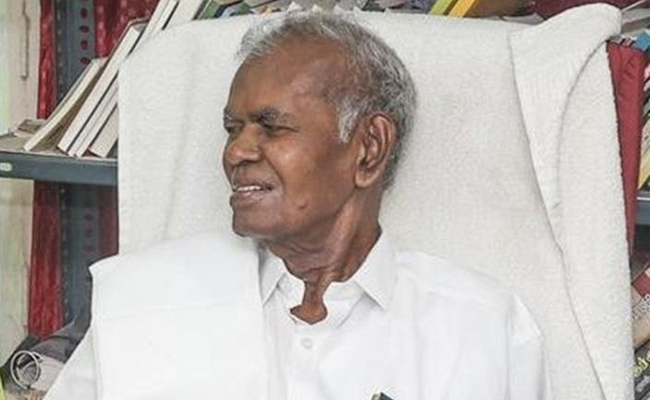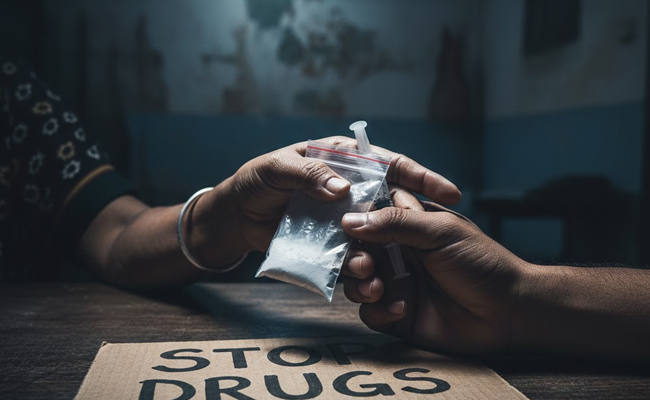Kasaragod: In a significant development, the District Principal Sessions Court in Kasaragod has acquitted three RSS men accused of the murder of Mohammad Riaz Maulavi, a 27-year-old madrasa teacher from Kotak.
The incident, which occurred on March 20, 2017, saw Maulavi being hacked to death by a group that entered the old Churi mosque where he resided. The accused, identified as Ajesh, Nitin, and Akhilesh, alleged RSS activists, were arrested near the Kelugudde Ayyappanagar Bhajan Mandir.
The court proceedings in this case have been marked by several delays and changes in the scheduled verdict dates. Originally set for February 29, the verdict was rescheduled to March 7, March 20, and finally delivered today. The trial began in 2019 at the District Principal Sessions Court, but it faced multiple postponements due to judge transfers and the COVID-19 pandemic. Seven judges have presided over the case thus far.
The investigation into the murder was conducted by a special team led by Crime Branch SP Dr. A. Srinivas. The team submitted a comprehensive charge sheet to the court, including over 50 documents and the results of DNA tests. During the trial, the court examined 97 witnesses and reviewed 215 documents and 45 pieces of evidence.
Responding to the judgment, the Action Committee said that the Kasaragod district has witnessed a lack of convictions in cases related to communal violence. Out of the 11 cases where Muslims lost their lives and three cases involving non-Muslim fatalities, none of the accused have been punished. The committee highlighted that this lack of conviction is contributing to the recurrence of conflicts in the region.
Let the Truth be known. If you read VB and like VB, please be a VB Supporter and Help us deliver the Truth to one and all.
Chennai (PTI): Veteran leader of the CPI, R Nallakannu died here on Wednesday, the Rajiv Gandhi Government General Hospital said.
He was aged about 101, party sources said.
A hospital bulletin said, despite intensive care, he passed away at 1.55 PM on February 25, 2026 following failure of all vital organs.





